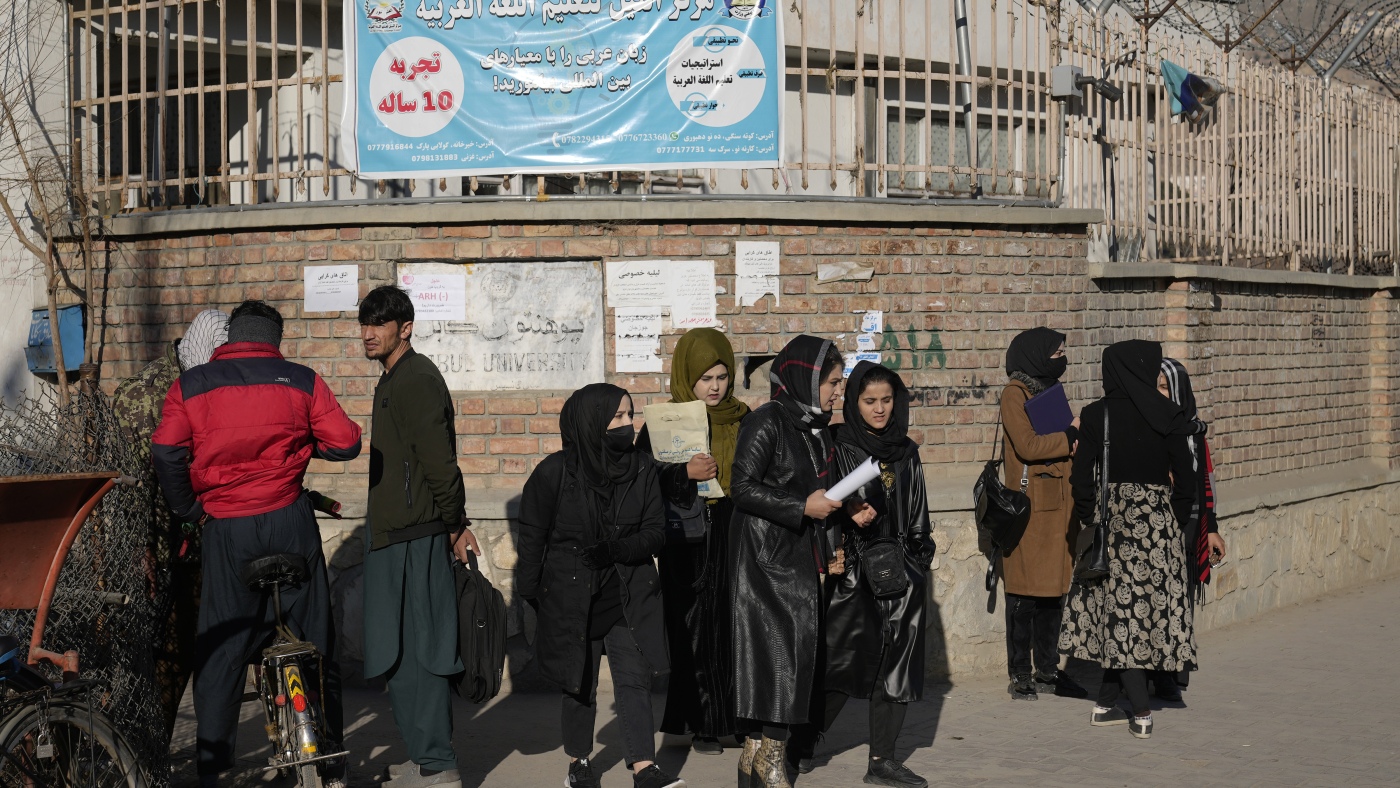New Challenges for Afghan Women as Education Grants Are Discontinued
In Afghanistan, women face an increasingly uncertain future in higher education. The Taliban’s decision to ban women from universities has already posed significant challenges. Now, the termination of a crucial USAID grant, which offered online education and international study opportunities, adds to their educational hurdles.

The USAID grant previously provided a lifeline for Afghan women seeking to continue their education despite the Taliban’s restrictive policies. Through this program, many women had the opportunity to study online or pursue their academic ambitions abroad. However, with the grant’s termination, these options have narrowed significantly.
Impact on Afghan Women’s Education
The USAID grant was more than just financial support; it symbolized hope and a chance for Afghan women to defy the odds stacked against them. For many, it was a critical avenue to access higher education in a landscape where such opportunities are increasingly scarce.
As the Taliban’s policies restrict women from attending universities, the grant offered a vital alternative. Now, with its discontinuation, Afghan women must seek new ways to fulfill their educational aspirations.
Future Prospects
The end of this grant program underscores the challenges in supporting Afghan women’s education under the current regime. While alternatives and new solutions are needed, the immediate impact is a significant setback for those who relied on this funding to pursue their studies.
The international community continues to grapple with how best to support Afghan women in their quest for education amidst these restrictions. As organizations explore new avenues for assistance, the need for innovative solutions to keep educational opportunities alive remains a pressing concern.
(Image credit: Ebrahim Noroozi)
![]()






